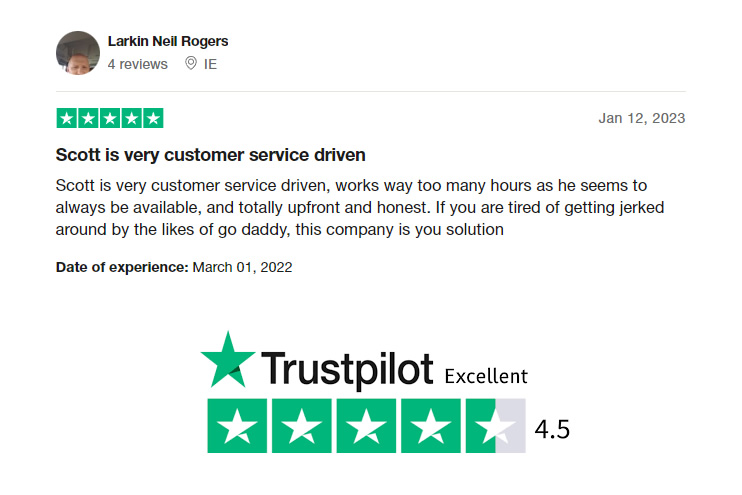If you’re looking to improve the quality of your website’s content and boost its search engine rankings, you may want to consider linking to other websites in your content. Outbound links, or links that point to external websites, can provide your visitors with much value and help establish your own website as a credible source of information.
Linking to authoritative websites in your niche can help your visitors find additional information and resources that are relevant to your content. By doing so, you’re also building trust among your visitors and showing that you’re committed to providing them with the best user experience possible.
But that’s not all – outbound links also matter for SEO. When you link to high-quality websites that are relevant to your content, search engines recognize your website as a valuable resource and may boost your site’s rankings as a result. This is because outbound links help search engines determine the quality and relevance of your content.
When deciding which websites to link to, consider using sources you consulted during your research or websites in your niche with related content. It’s important to choose websites that are reputable and provide valuable information to your visitors. By linking to articles that you think are relevant and useful for your users, you’ll improve your user experience and encourage them to come back to your website for more content.
While outbound links can be beneficial, it’s important to exercise caution when linking to other websites. Avoid linking to websites that are low-quality or spammy, as these can harm your website’s reputation and credibility. Similarly, avoid linking to websites that promote illegal or unethical activities, as this can reflect poorly on your own website. Before linking to any external website, take the time to carefully evaluate the content and ensure that it aligns with your own website’s values and standards. By doing so, you’ll not only protect your website’s reputation but also ensure that you’re providing your visitors with high-quality and trustworthy content.
As a custom web developer and website manager, you may want to consider linking to the following types of websites:
- Industry-specific websites: If you operate in a particular industry, linking to industry-specific websites can help establish your own website as a credible source of information within your niche. This can include professional organizations, trade publications, and government websites that provide information related to your industry.
- Authoritative websites: Linking to well-known, respected websites can help boost your own website’s credibility and authority. Examples of authoritative websites include academic journals, news outlets, and popular blogs.
- Complementary websites: If you offer a product or service that is complementary to another website, consider linking to that website. For example, if you operate a website that sells fitness equipment, you may want to link to websites that offer fitness tips and workout routines.
- Local websites: If you operate a local city business, consider linking to other local websites that are relevant to your business. This can include local news websites, community organizations, and other businesses in your area.
In conclusion, linking to other websites can provide a wide range of benefits for your website, including boosting your credibility, improving your user experience, and increasing your search engine rankings. By taking the time to carefully select high-quality websites to link to, you’ll be creating a valuable resource for your visitors and establishing your website as a go-to source for information in your niche. If you need assistance with website management or optimizing your website for SEO, don’t hesitate to contact us for our services.






